Hormonal Health: Understanding the Hormones That Impact Your Everyday Life
Hormones are the body’s silent messengers, regulating nearly every process, from metabolism and growth to mood and reproductive health. When in balance, they keep the body functioning smoothly. But when even one hormone gets out of sync, it can lead to various issues like fatigue, weight gain, anxiety, and more. Understanding the key hormones that affect your everyday life can empower you to take better care of your overall well-being.

What Are Hormones?
Hormones are chemicals produced by glands in the endocrine system, and they travel through the bloodstream to deliver messages to different organs and tissues. These signals help regulate important processes, such as:
- Metabolism
- Growth and development
- Reproductive functions
- Mood and stress responses
- Energy levels
When there’s an imbalance, whether too much or too little of a hormone, it can lead to a variety of health concerns.
Key Hormones You Should Know About
1. Cortisol: The Stress Hormone
Cortisol is your body’s primary stress hormone, produced by the adrenal glands. Its main role is to regulate your body’s response to stress, helping you stay alert and focused. However, chronic high levels of cortisol due to long-term stress can lead to health issues such as:
- Weight gain, particularly around the abdomen
- High blood pressure
- Anxiety or depression
- Insomnia
Managing stress through practices such as meditation, yoga, or therapy can help keep cortisol levels in check.
Doctor’s Insight: Dr. Sara Gottfried, a well-known hormone expert, notes that chronic stress and elevated cortisol can wreak havoc on the body, leading to adrenal fatigue and affecting overall hormonal health.
Related: How to Reduce Cortisol Levels Naturally
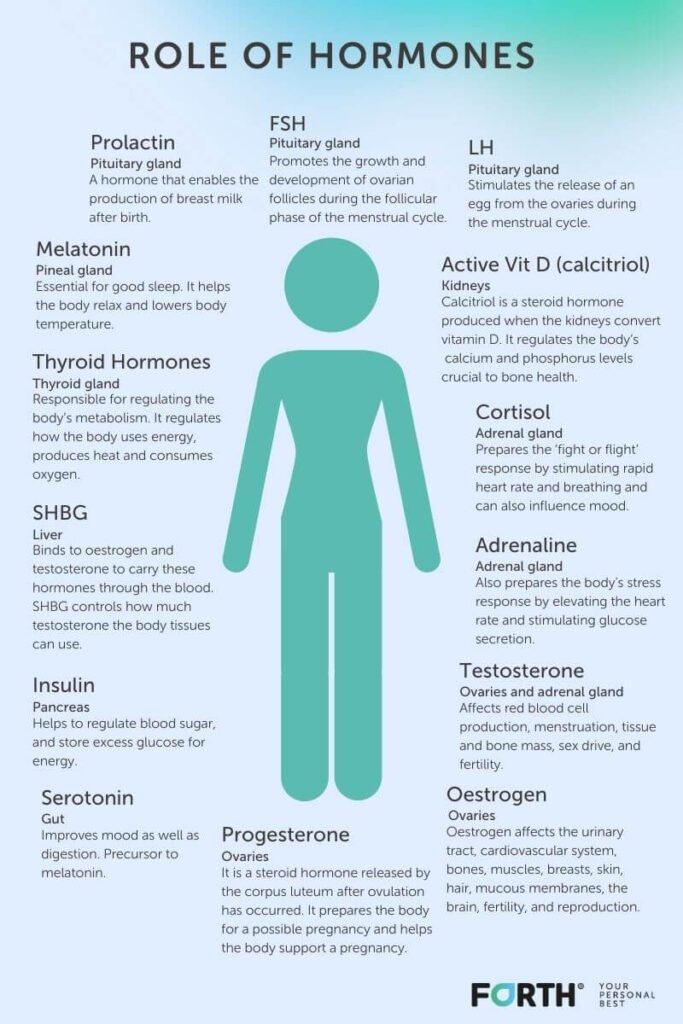
2. Insulin: The Blood Sugar Regulator
Insulin, produced by the pancreas, plays a critical role in regulating blood sugar levels. It helps your body absorb glucose from the bloodstream and use it for energy. If your body becomes resistant to insulin, it can lead to conditions like Type 2 diabetes and weight gain.
Balancing your diet with fiber-rich foods and complex carbohydrates can prevent insulin spikes. Regular exercise also improves insulin sensitivity.
Doctor’s Insight: Dr. Mark Hyman, a functional medicine expert, emphasizes that poor insulin regulation is a key factor in weight gain and metabolic disorders. He recommends reducing processed foods and sugars to maintain healthy insulin levels.
Related: Diet Tips for Balancing Insulin
3. Thyroid Hormones: The Metabolism Managers
The thyroid gland produces hormones like thyroxine (T4) and triiodothyronine (T3), which regulate metabolism. An underactive thyroid (hypothyroidism) can lead to symptoms like fatigue, weight gain, and cold intolerance. On the other hand, an overactive thyroid (hyperthyroidism) can cause anxiety, weight loss, and palpitations.
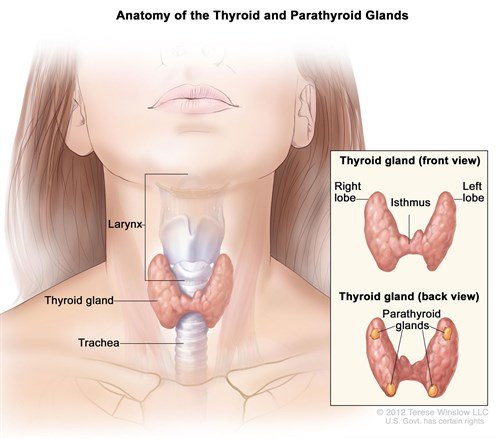
If you suspect a thyroid imbalance, getting a thyroid panel test can provide insight into how well your thyroid is functioning.
Doctor’s Insight: Dr. Izabella Wentz, a thyroid specialist, stresses the importance of regular testing for thyroid health, especially for women, as they are more prone to thyroid dysfunction. She also advises paying attention to symptoms that could indicate an imbalance.
External Source: Thyroid Testing Guidelines
4. Estrogen and Progesterone: The Female Hormones
Estrogen and progesterone are key hormones in women, responsible for regulating the menstrual cycle, fertility, and menopause. An imbalance in these hormones can result in issues such as:
- Irregular periods
- Mood swings
- Hot flashes
- Low libido
These hormones also influence bone density, heart health, and cognitive function. Balancing them through a healthy diet, exercise, and sometimes hormone replacement therapy (HRT) can help alleviate symptoms.
Doctor’s Insight: Dr. Aviva Romm, an expert in women’s health, suggests that lifestyle changes, such as incorporating phytoestrogens (found in flaxseeds and soy) and regular exercise, can help maintain healthy estrogen levels naturally.
Related: The Importance of Phytoestrogens for Women’s Hormonal Health
5. Testosterone: The Male Hormone
Though often labeled as a “male hormone,” testosterone is present in both men and women. In men, it regulates muscle mass, bone density, and sex drive. Low testosterone levels in men can lead to symptoms such as fatigue, low libido, and mood changes.
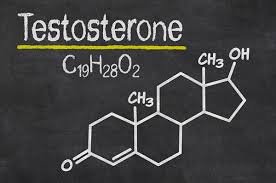
In women, testosterone also plays a role in muscle mass and libido but at lower levels. Both men and women can experience testosterone imbalances due to age, stress, or medical conditions.
Doctor’s Insight: Dr. Amy Myers, a hormone specialist, highlights that low testosterone in men and women can affect not just physical health but mental well-being, causing symptoms like depression or lack of motivation. She recommends routine screenings, particularly for those experiencing fatigue or low energy.
6. Melatonin: The Sleep Hormone
Produced by the pineal gland, melatonin regulates your sleep-wake cycle. This hormone peaks at night, signaling your body that it’s time to sleep. A melatonin imbalance can cause insomnia or poor-quality sleep, which can, in turn, impact other hormone levels.
Exposure to blue light from screens before bed can disrupt melatonin production. Prioritizing good sleep hygiene can help balance melatonin levels naturally.
Doctor’s Insight: Dr. Michael Breus, a sleep expert, advises turning off electronic devices an hour before bed to improve melatonin levels and enhance sleep quality.
Related: Best Practices for Improving Sleep Hygiene
Symptoms of Hormonal Imbalance
It’s important to recognize the signs of a hormone imbalance, as early detection can help manage and mitigate health issues. Common symptoms include:
- Persistent fatigue
- Mood swings or anxiety
- Unexplained weight changes
- Irregular periods or infertility
- Digestive issues
- Skin problems, such as acne or dryness
- Poor sleep or insomnia
If you experience any of these symptoms, consult with a healthcare provider to assess your hormonal health.
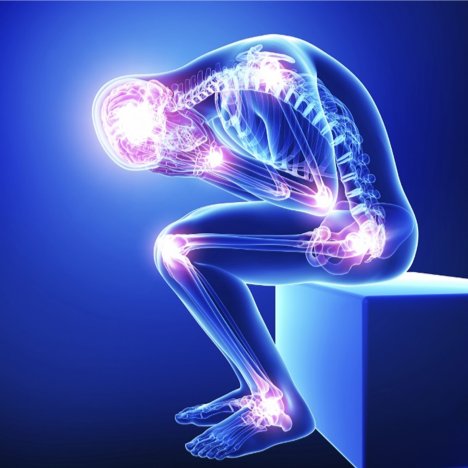
How to Support Hormonal Health Naturally
There are several steps you can take to support balanced hormone levels:
- Eat a Balanced Diet: Focus on whole foods, healthy fats, and lean proteins to support hormone production. Incorporate foods rich in omega-3 fatty acids, such as salmon and walnuts, which are crucial for hormone health.
- Exercise Regularly: Physical activity helps regulate hormones like insulin and cortisol. Aim for a mix of strength training, cardio, and flexibility exercises.
- Manage Stress: Chronic stress is one of the leading causes of hormonal imbalance. Practice mindfulness, meditation, or yoga to help manage cortisol levels.
- Sleep Well: Prioritize 7-9 hours of sleep each night to allow your body to regulate hormones like melatonin, cortisol, and growth hormone.
- Limit Toxins: Avoid exposure to endocrine disruptors found in plastics, processed foods, and some cosmetics, as these can interfere with hormone function.
When to Seek Medical Help
If lifestyle changes don’t seem to improve symptoms, it may be time to see a doctor. Hormonal imbalances can often be diagnosed through blood tests, and treatment can vary from medication to lifestyle adjustments. Early intervention can prevent more serious conditions like diabetes, thyroid disorders, or adrenal fatigue.

Doctor’s Insight: Dr. Jolene Brighten, a naturopathic doctor specializing in hormonal health, recommends hormone testing for anyone experiencing persistent symptoms, as many issues can be corrected with targeted therapies, including supplements, diet changes, and hormone replacement therapy when necessary.
Final Thoughts
Hormonal health plays a vital role in your overall well-being. By understanding the key hormones that impact your everyday life, you can take proactive steps to maintain balance and prevent health complications. Whether through lifestyle changes, diet, or medical support, prioritizing your hormonal health will lead to a better, more energized, and fulfilled life.
Call to Action (CTA):
Take charge of your hormonal health today! Subscribe to our newsletter for more expert insights on how to naturally balance your hormones and optimize your well-being.
For more information

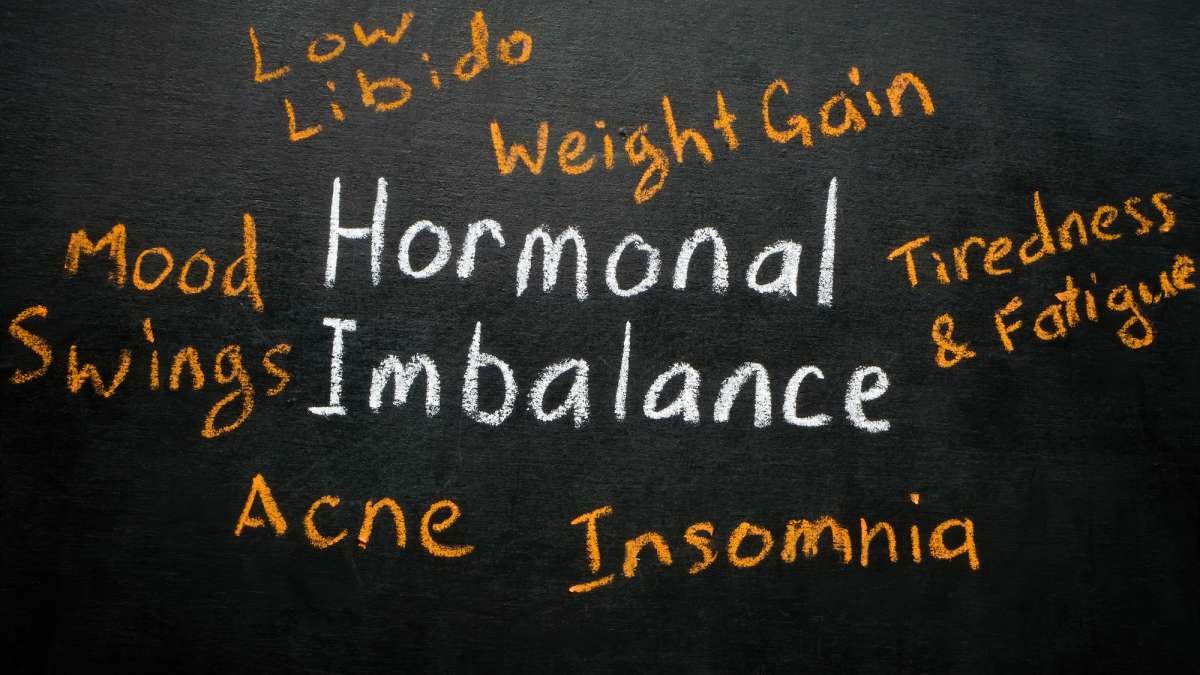






One Comment
Comments are closed.